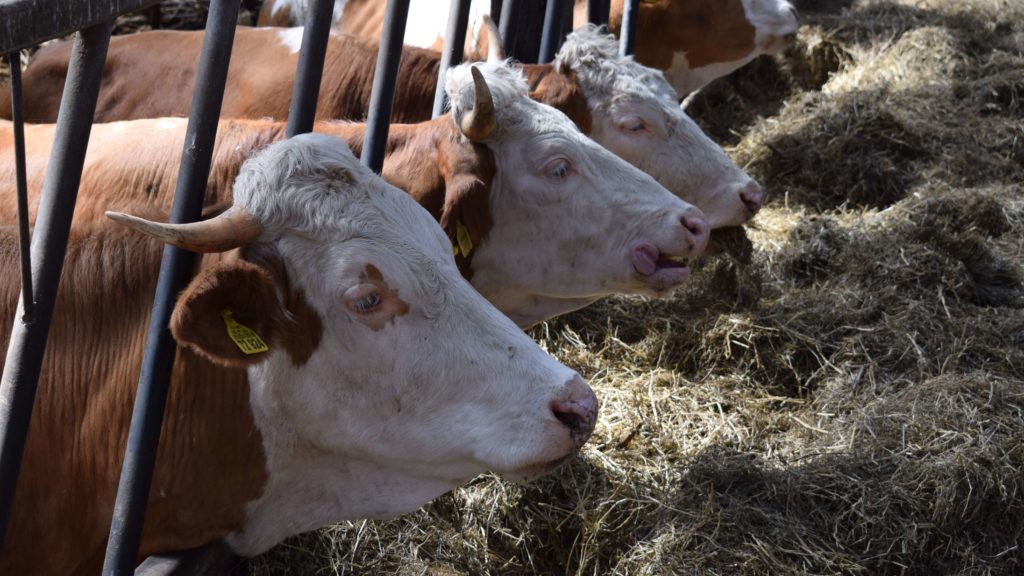In Wisconsin, two dairy farms go out of business per day.
The Midwestern state produces more dairy than any other and is leading the nation in farm industry bankruptcies.
Experts attribute the increase in closures to economic challenges farmers are facing, specifically low prices due to supply outpacing demand.
Patty Edelburg, the vice president of the National Farmers Union, told Yahoo Finance that many farmers struggle to pay their bills.
“Bankruptcies are up,” says Edelburg. “Wisconsin is attributed as the No. 1 bankruptcy in the nation right now, when it comes to dairy farmers. That number is up, I think, 24% from last year already. We’re losing two farms a day.”
According to the Wisconsin Department of Agriculture, Trade, and Consumer Protection (DATCP), 132 Wisconsin dairy facilities left the industry in May and June 2018. Between 2016 and 2018, Wisconsin lost nearly 1,200 dairy farms. The USDA also saw a 6.8 percent decrease in farms across the country in 2018.
The overall number of dairy farms in the state has declined every year for more than a decade. In August 2003 Wisconsin was home to 16,264 dairy farms. Now, the total number is 8,463.

Dairy Industry In Decline
The declining dairy industry is not exclusive to Wisconsin. Milk sales in the U.S. dropped more than $1 billion last year, and consumption has reached an all-time low. Even America’s largest milk producer, Dean Foods, filed for bankruptcy.
According to USDA data, overall milk sales declined by 22 percent between 2000 and 2016. Consumers are moving away from dairy as they become increasingly aware of the environmental, health, and animal welfare issues surround it. Whole milk consumption has been on a steady decline in the U.S., falling 40 percent since 1975.
Dairy consumption has been linked to certain forms of cancer. Milk products are also extremely high in saturated fat, which can increase one’s risk heart disease and diabetes.
The beef and dairy industries are also leading contributors to climate change and raising cattle has a significant climate footprint.
Excluding the United States of America, every country in the world has recognized climate change. Signatories of The Paris Agreement are advocating for reduced meat and dairy consumption and an increase in plant-based foods.
Amidst the growing opposition of the dairy industry, more consumers than ever are opting for vegan dairy products. The dairy alternative market made $9.8 billion in 2017 and is expected to keep surging. Some experts believe that the dairy industry could collapse in the next 10 years.


